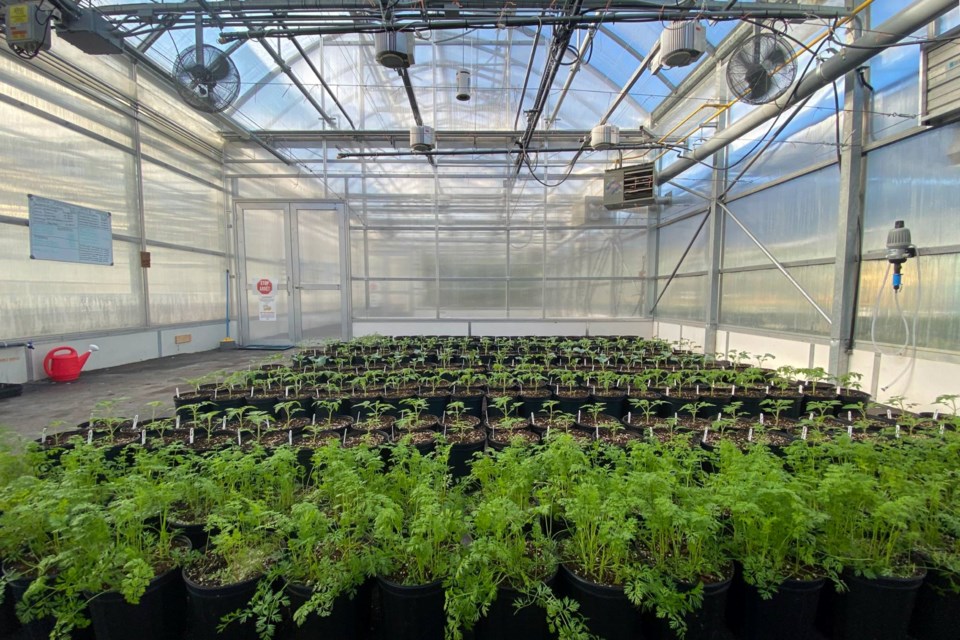Researchers with Sudbury’s Collège Boréal are enlisting the help of crop producers across Northern Ontario on a new project that seeks solutions to effective pest control.
Over two years, the school is embarking on a pair of applied research projects to combat pests that attack cultivated strawberries in Northern Ontario and control aphid populations to revitalize oat crops without using lots of pesticides.
Boréal will undertake the work thanks to $330,000 in funding from Natural Sciences and Engineering Research Council of Canada through the Applied Research and Technology Partnerships program (ARTP).
Boréal said students will be hired to work on the projects.
“This welcome funding will allow us to continue to innovate in the field of agriculture, thanks to our high-tech equipment and our agronomy experts,” said Robin Craig, director of Collège Boréal Research and Innovation, the school’s applied research department.
“And thanks to our partnerships with local producers and businesspeople, there will be direct impacts across all of Northern Ontario.”
To undertake crop trials, the school has recruited a number of producers across the North, from Thunder Bay to Hearst to West Nipissing.
That includes Adagio Farms, a family-run organic farm in Chisolm, south of North Bay, that produces vegetables, herbs, fruit, pasture-raised poultry and eggs from free-ranging chickens and ducks.
“We at Adagio Farms are thrilled to partner with Collège Boréal to introduce new vegetables to our fields and ultimately to our customers,” said Katrina Violette, co-owner at Adagio, in the release.
“We look forward to learning agricultural protocols for various ethnic vegetables and are excited to see how this can result in new economic opportunities for us.”
The ultimate goals of the project are to reduce the use of pesticides, support the economic sustainability of food production in Northern Ontario, and diversify supplies of fresh produce.




